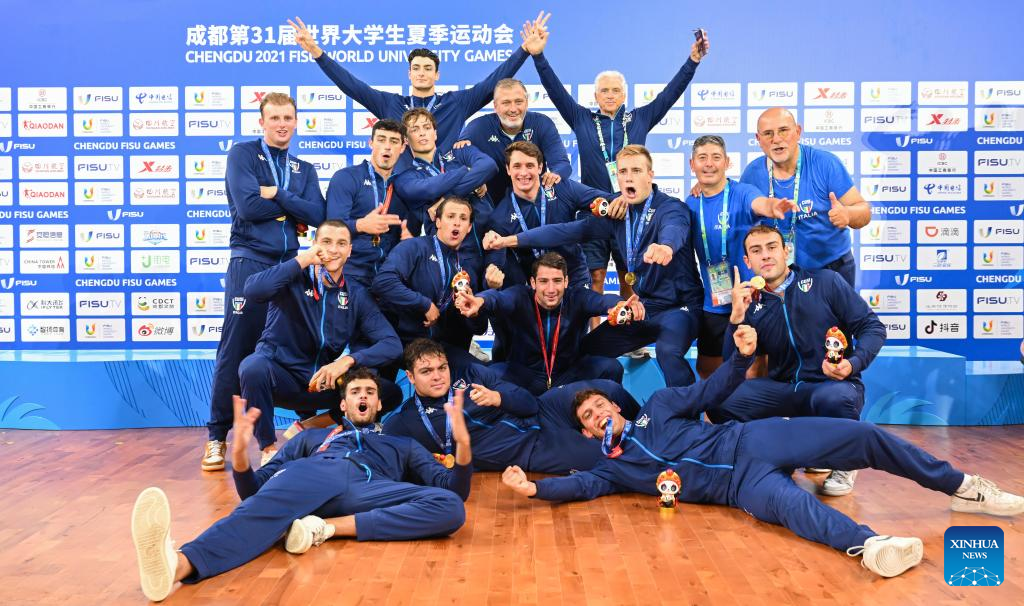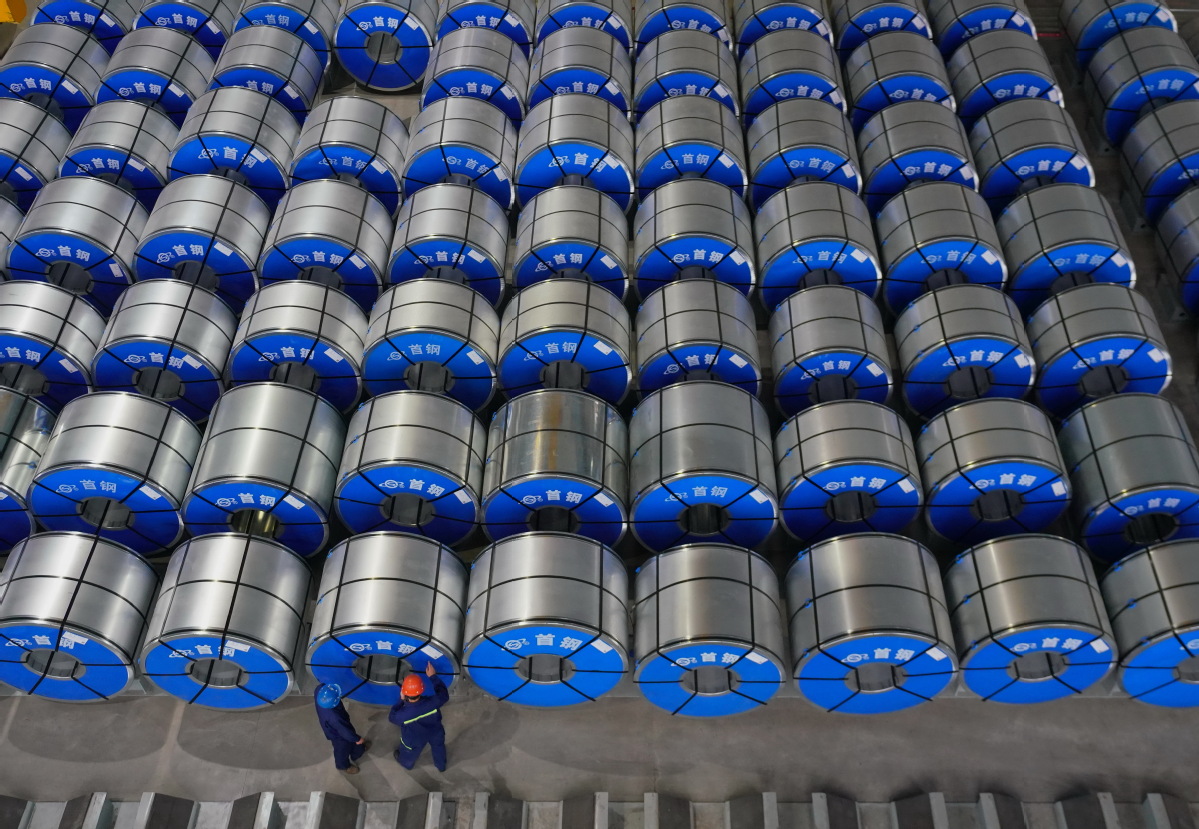by sportswriters Wang Zijiang and Yue Chenxing
TOKYO, Sept. 17 (Xinhua) -- For Philippe Vande Weyer, there was little doubt that the spell of 1991 would never quite return, even as the men's long jump final unfolded on Wednesday night with the World Athletics Championships back in Tokyo after 34 years.
The 63-year-old Belgian, a long-serving journalist with his home newspaper Le Soir, has covered all but one edition of the world championships since the first in Helsinki in 1983. Of all those meets, he says, the 1991 championships at the old National Stadium in Tokyo - later demolished and redeveloped for the 2020 Olympic Games - remains the most memorable.
"It's a long time ago, but I remember a lot about it because I still think it was one of the best world championships of all 20," Weyer said. "There was a kind of magic in the air, even before the competition began."
That sense of electricity was confirmed almost immediately when American superstar Carl Lewis ran 9.86 seconds to set a 100m world record on the opening weekend.
But the moment that defined Tokyo 1991, Weyer insisted, came in the men's long jump final. Under intense pressure and in humid, storm-like conditions, Lewis and his American rival Mike Powell traded history-making leaps. Lewis produced the best series of his career, including a wind-assisted 8.91m, but it was Powell who stunned the world, soaring 8.95m to break Bob Beamon's 23-year-old record from the 1968 Olympic Games. That mark still stands today.
"We knew there was a possibility because both guys were in great shape," Weyer recalled. "Everything was there for that world record at last. I even had a hint that Powell might be the underdog who could do something."
Two days before the final, Weyer had visited the athletes' hotel and secured an interview with Powell. "So I felt very, very emotional when he broke the world record."
For Weyer, the Tokyo championships were exceptional not only for the long jump duel, but also for a "golden generation" of athletes.
In addition to Carl Lewis, others to emerge included Michael Johnson and Cuba's Javier Sotomayor, whose high jump world record of 2.45 meters still stands after 32 years.
Since his first world championships' assignment in Rome in 1987, Weyer has seen major changes in track technology and equipment, but says the essence of the sport remains unchanged. "Athletics is still pure and genuine," he said. "It has so much history, so many heroes. That's what makes it so special."
The current championships in Tokyo brought back strong memories. Watching Sweden's Armand Duplantis once again break the pole vault world record reminded Weyer of the stormy magic of 1991, though this time the men's long jump final fell short of similar drama, as Italy's Mattia Furlani claimed gold with 8.39m.
"Duplantis today is what Powell was in Tokyo in 1991, or what Usain Bolt was in Berlin in 2009," Weyer said. ■
微信扫描下方的二维码阅读本文



